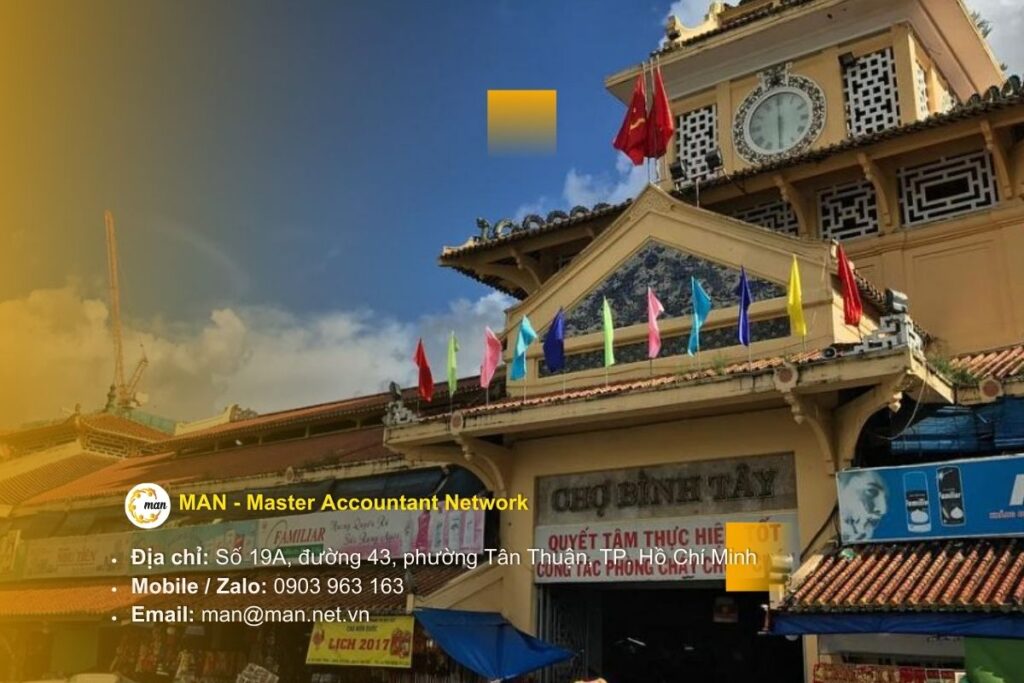Supporting FDI enterprises in related party transactions (FDI) is currently an important strategy to help optimize costs, manage tax risks and improve financial efficiency. However, according to a report published on VnExpress, more than 56% out of 29,000 FDI enterprises in Vietnam reported losses in 2023, with total accumulated losses reaching VND217.46 trillion (equivalent to USD8.5 billion). This raises questions about the reasonableness of cost allocation and compliance with the arm's length principle in internal transactions.
To minimize tax risks and ensure compliance with legal regulations, FDI enterprises need to build and maintain a complete and transparent transaction record. This not only helps enterprises demonstrate the reasonableness of internal service costs but also supports in explaining to tax authorities when requested for inspection.
Concept and role of supporting FDI enterprises in GDLK
What is GDLK FDI Enterprise Support?
Supporting FDI enterprises in related party transactions (FDI) are activities and solutions to help enterprises manage, optimize costs and comply with regulations on internal transactions between parent companies, branches and subsidiaries. The role of this support includes reasonable cost allocation, tax risk control, transparency of transaction flows and demonstrating reasonableness according to the arm's length principle. Applying these support measures helps FDI enterprises maintain financial stability, while reducing the risk of profit adjustment or tax arrears.
Benefits for FDI enterprises
FDI enterprises enjoy many benefits when implementing solutions to support related-party transactions:
Optimize financial costs and tax costs through reasonable allocation among companies in the group.
Improve compliance with the arm's length principle, helping to avoid legal risks and tax audits.
Support in preparing documents and explaining to tax authorities, ensuring transparency and complete information on related transactions.
Costs and strategies in FDI related transactions

Optimizing costs in GDLK for FDI enterprises
FDI enterprises often have to manage many costs when conducting related-party transactions. Cost optimization not only helps save money but also reduces tax risks. The main costs include:
Intercompany loans: loans between parent company, subsidiaries and branches within the same group.
Internal service costs: administration, IT, marketing, R&D, consulting, logistics, legal.
Internal trading costs: buying and selling goods, transferring assets, providing services between companies in the group.
Cost optimization strategy focuses on rationally allocating the above costs among subsidiaries, branches and parent company, while adhering to the arm's length principle.
FDI transaction structure strategy
The FDI transaction structure helps businesses allocate and adjust internal costs, prices and services reasonably:
Determine the transaction structure between parent company, branches and subsidiaries.
Adjust prices, interest rates and internal services according to the arm's length principle to ensure reasonable and transparent costs.
Strengthen internal controls to reduce tax risks and avoid profit adjustments from tax authorities.
Profile and explanation of related party transactions for FDI enterprises

Required documents
For FDI enterprises, preparing a complete transaction dossier is a key factor to optimize costs, ensure transaction transparency and comply with the law. Important types of dossiers include:
Master File, Local File, IGF: provide an overview of the group, corporate structure and related transactions, helping tax authorities properly assess business activities.
Contracts and payment documents: record internal transactions such as services, loan interest or internal sales, ensuring transparency of costs and benefits of all parties.
Transfer pricing and reasonable cost documents: demonstrate that costs and service prices, interest are determined according to the arm's length principle, minimizing tax risks.
Preparing complete documents helps FDI enterprises easily explain to tax authorities, avoiding additional collection, profit adjustment or administrative fines.
Internal monitoring and control
Records management is only truly effective when combined with tight internal monitoring and control:
Use transaction and cost management software: track service costs, interest, automatically allocate costs and generate reports quickly.
Regularly review and update records: ensure all contracts, documents and reports accurately reflect the actual transactions and comply with legal regulations.
Regular risk assessment: early detection of errors in valuation or records, helping businesses proactively adjust and explain to tax authorities.
Combining comprehensive documentation and tight internal controls not only protects businesses from tax risks but also improves cost management efficiency across the group.
Risks and notes for FDI enterprises
FDI enterprises in related party transactions often encounter some common risks related to costs and documents:
Missing or incomplete documents: Master File, Local File, IGF, contracts or payment documents that are not fully completed will cause difficulties in explaining to the tax authorities.
Unreasonable pricing: Service prices, interest rates, or internal costs that do not comply with the arm's length principle may result in tax arrears or profit adjustments.
Non-transparent cost allocation: Unsystematic cost allocation between parent company, branches and subsidiaries can create risks for internal audit and tax authorities.
To minimize tax risks, FDI enterprises need to apply the following measures:
Tight internal control: Establish monitoring processes and assign clear responsibilities to each department for cost management and transaction records.
Regularly update records: Ensure all contracts, documents and reports accurately reflect the actual transaction and comply with the arm's length principle.
Regular risk assessment: Early detection of errors or irregularities in costs and valuations, thereby proactively adjusting and explaining to tax authorities.
Combining internal control, regularly updating records and applying accurate valuation standards will help FDI enterprises minimize tax risks, optimize costs and improve the efficiency of managing related-party transactions.
Conclusion and recommendations
Supporting FDI enterprises in related party transactions plays a key role in optimizing costs, managing tax risks and making related party transactions transparent. Applying transaction management strategies, preparing complete records and complying with the arm's length principle helps FDI enterprises improve financial efficiency, minimize tax collection risks and ensure transparency in financial reporting.
To achieve optimal efficiency, FDI enterprises should:
Create complete linked transaction records, including Master File, Local File, IGF, contracts and payment documents.
Apply the arm's length principle in pricing interest expenses, internal services, and intercompany transactions.
Use corporate management tools and software to control costs and track records regularly.
Incorporate specialized advice from experts to ensure trading strategies comply with Vietnamese tax laws and international standards.
Compliance with these steps not only helps optimize costs in FDI related transactions but also strengthens management capabilities and protects businesses against tax risks.
Contact MAN – Master Accountant Network
Address: No. 19A, Street 43, Tan Thuan Ward, Ho Chi Minh City
Mobile / Zalo: 0903 963 163 – 0903 428 622
E-mail: man@man.net.vn
MAN Editorial Board – Master Accountant Network




